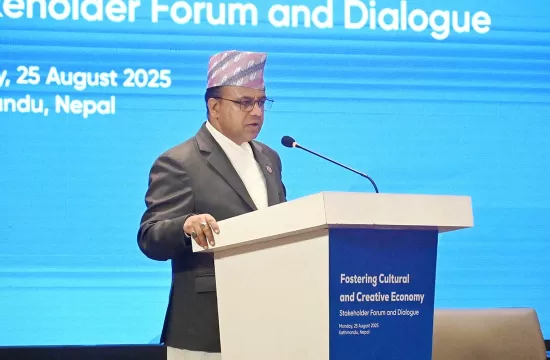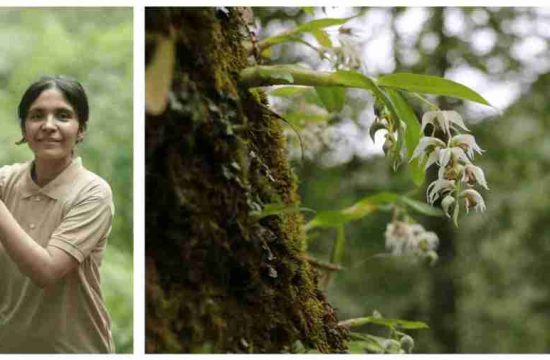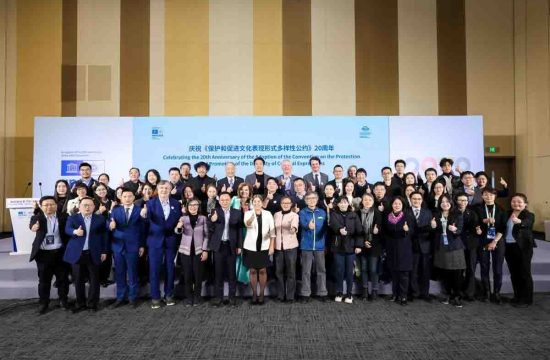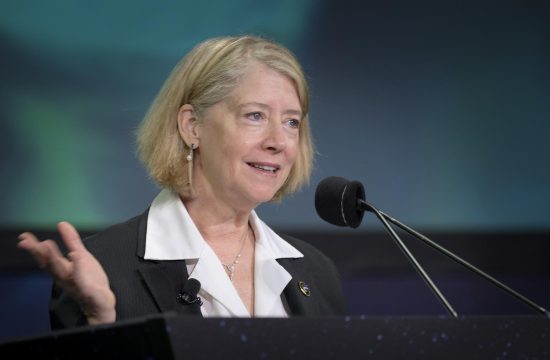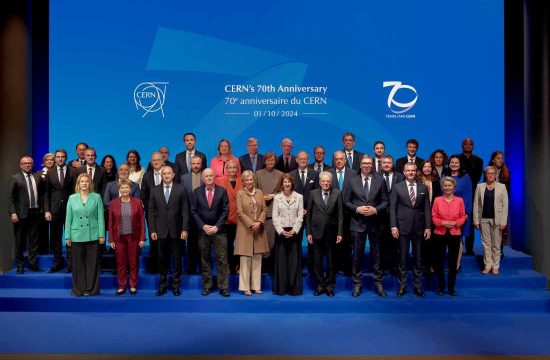Kathmandu– Sri Chaitanya Saraswat Institute and Bhakti Vedanta Institute are going to organize the Third International Conference ‘Science and Scientist -2015’ on the topic “Is Science Able to Explain the Scientist?” in kathmandu, Nepal from April 17 to April 18. The conference will be held at the Buddha Hall, DAV Sushil Kedia Vishaw Bharati while conference will feature leading scientists from AIMS, IIT, CCMB, Bose institute, TIFR, CIFRI and Tribhuvan University, Kathmandu, Nepal.
The conference is meant to highlight the ontological distinction among mechanical, chemical and biological systems, and 21st century biological sciences that are revealing a level of complexity that was unimaginable at the time of Darwin. Living organism exhibit many goal-oriented or technological activities, which make them distinct from insentient mechanical and chemical systems. A scientist may have many wonderful experiences, say beauty, love, affectation, charity and so on, but all theories in modern science cannot explain fully how an individual really attains an experience of such things. Darwin and the proponents of a biogenesis claimed that life first came from matter. They argue that because the body of living organisms is made up of matter, then life must have originated from matter. But they are still left to explain how dead matter developed the ability to experience things. Without explaining that, all these reductionist claims of science on life and its origin are unsatisfactory.
Conference Chairman, Sripad Bhakti Madhava Puri Maharaja, Ph.D. says, “From readers perspective, a book is composed of alphabetical letters; but the book itself did not originate from these letters. Ultimately it is from the ideas of the author that the letters of the book come to be. In the same way, the molecules of a biological organism are the result, not the origin of life. This exemplifies the difference between the order in which we come to know things and the order in which something comes to be.”
According to the conference committee, “Darwin presupposed a blind watchmaker mechanistic model of evolution based upon random mutations and natural selection for explaining species diversity. After the work of Nobel Biologist Barbara and host of biologists, the central dogma of Crick was proved incomplete and it shook the foundation of molecular biology. Cellular informatics is irreducible to the DNA and there are no dominant genomic units to the cell. Instead the whole cell is being conceived as a holistic functional unit of life. Advanced research in biology reveals that living cells are sentient. Cells and organisms sense their environment and transient that information to their genomes. Evidence surprises those who still think that variation is random. Hence natural genetic engineering over time came as an antithesis to the idea of central dogma.”
It is to be noted that last year’s Conference (Science and Scientist-2015) proposed that modern scientific research and development seems to be leading to a détente between science and the more spiritual ideas of soul and God found in all world religions. The progress of science continues to leave behind old and outworn ideas and embrace more comprehensive ones that may more adequately express life and in origin.



